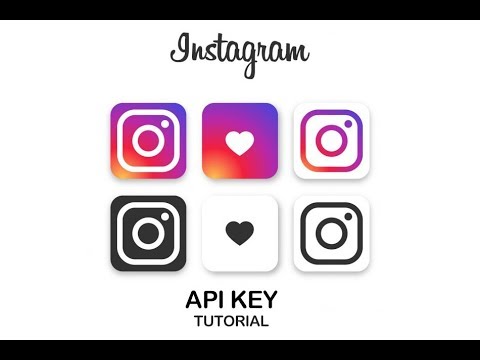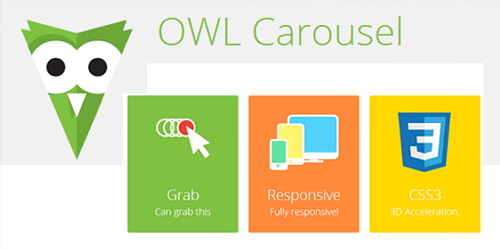1. User Access: Which One Reaches the More Audience?
Mobile Application:
- Users download mobile applications from the App Store or Google Play.
- Higher interaction can be achieved with push notifications.
- It offers full access to the device's hardware such as camera, GPS, accelerometer.
- Offline features that can work without an internet connection. can be added.
Web Application:
- Users can access it via the browser without any downloading process.
- It can reach a wider user base thanks to the SEO advantage.
- It can work with the same version on different devices (PC, tablet, phone).
- Updates reach all users instantly, no extra downloads.
If your application will be used frequently and needs to interact with the device hardware, a mobile application may be more advantageous. However, if you want to reach a wide audience quickly, the web application is a more suitable choice.
2. Development Process and Costs
Mobile Application:
- Separate development may be required for iOS and Android. Cross-platform solutions (React Native, Flutter) can facilitate this process.
- The application must be made compliant with App Store and Google Play policies.
- Market approval is required for updates to reach users.
Web Application:
- It can work on any platform with a single code base, therefore development time and cost are lower.
- Updates are automatically updated. reaches all users.
- User experience may depend on browser performance.
If your budget is limited and you want to launch a product quickly, a web application is a more economical option. However, if you want to offer a high-performance and special experience, a mobile application may be a better decision. default;">
3. User Experience (UX) and Performance
Mobile Application:
- It can take full advantage of the hardware features of the device.
- Native applications (those developed with Swift, Kotlin) offer high performance.
- Users are generally more connected to mobile applications and the interaction rate is high thanks to notifications.
Web Application:
- It can even run in mobile browsers, but there may be some limitations on interaction with the hardware.
- Push notification support can be added with Progressive Web Apps (PWA) technology.
- Most of the time it requires an internet connection.
If your application needs to be fast and fluid, a mobile application is more advantageous. However, web application may be more practical in terms of ease of access and maintenance.
4. Updates and Maintenance Process
Mobile Application:
- Updates are subject to App Store and Google Play approval.
- Users must manually install the new version.
- The application may need to be made compatible with different devices.
Web Application:
- Updates are available instantly to all users. reaches users, does not require extra installation.
- Maintenance and error corrections can be done faster.
If you need to update quickly If you are making an application, a web application is more advantageous. However, if you're targeting mobile users, a mobile app may be unavoidable. data-bs-filename="responsive-site-mobil-uygulama.jpg" style="width: 100%; cursor: default;">
5. Revenue Model: Which is More Profitable?
Mobile Application:
- Revenue can be generated through in-app purchases or subscription model.
- Advertising revenues may be higher.
- Earnings may decrease due to App Store and Google Play outages (15-30%).
Web Application:
- Various revenue methods can be used, such as advertising, membership, SaaS model, one-time payment.
- There are no platform interruptions, all earnings go directly to the developer.
- With SEO, revenue can be increased in the long run by attracting more organic traffic.
If your application will be paid frequently (such as a subscription-based model), a web application may be more advantageous. However, considering that mobile users are more loyal in the long run, the mobile application has higher revenue potential.
Which Should You Choose?
If user loyalty and access to device hardware are important, the mobile application should be preferred.If you want to reach a wide audience quickly and benefit from the SEO advantage, the web application is a more suitable choice.If fast development and low cost are at the forefront, the web application is preferred. If you want to constantly interact with users and send notifications, a mobile application will be a better option.
If you are still undecided, you can first evaluate the necessity of a mobile application by developing a web application and analyzing user data.
| Criteria | Mobile Application | Web Application |
|---|---|---|
| User access | More connected users | Access to a wider audience |
| Development cost | High | Lower |
| Performance | Faster and smoother | Depends on browser |
| Updates | Users need to install | Applies instantly |
| Revenue model | Subscription, in-app purchases | Advertising, membership, SaaS |




